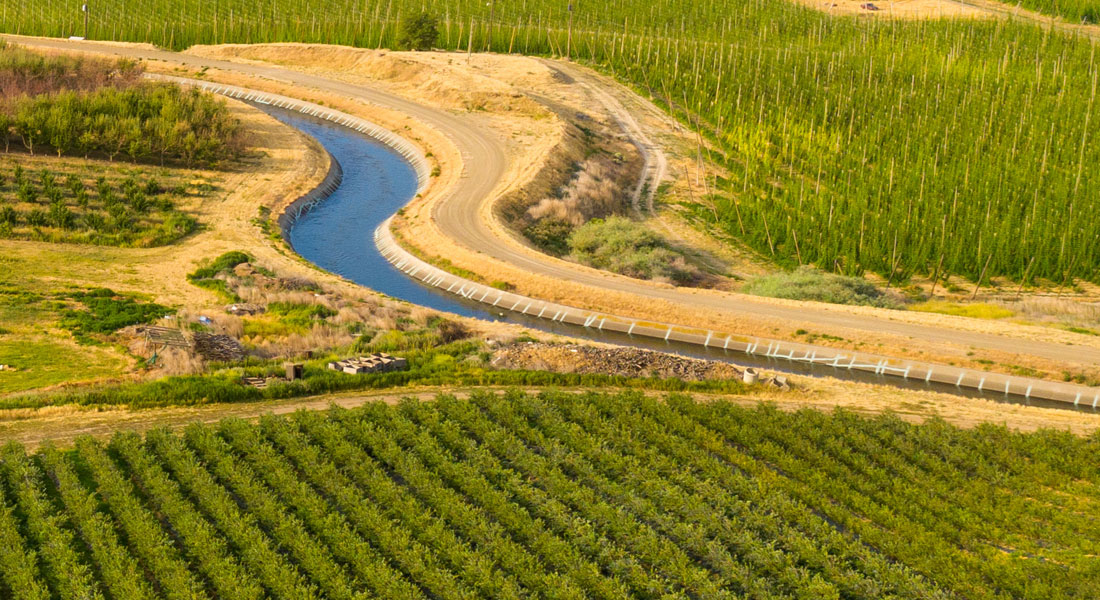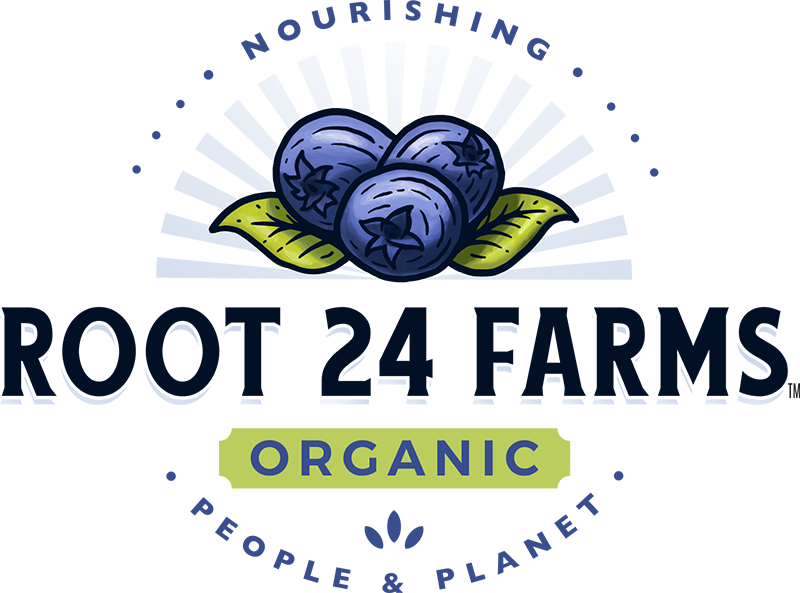
Sustainable Practices: Organic
The Dirt on Organic Farming: It’s So Much More than Just Avoiding (700) Chemicals and GMOs
Most people think of organic farming in terms of what we don’t use:
- No synthetic fertilizers or toxic and persistent chemicals
- No GMOs
- No irradiation
- No sewage sludge
- No antibiotics or artificial growth hormones in livestock
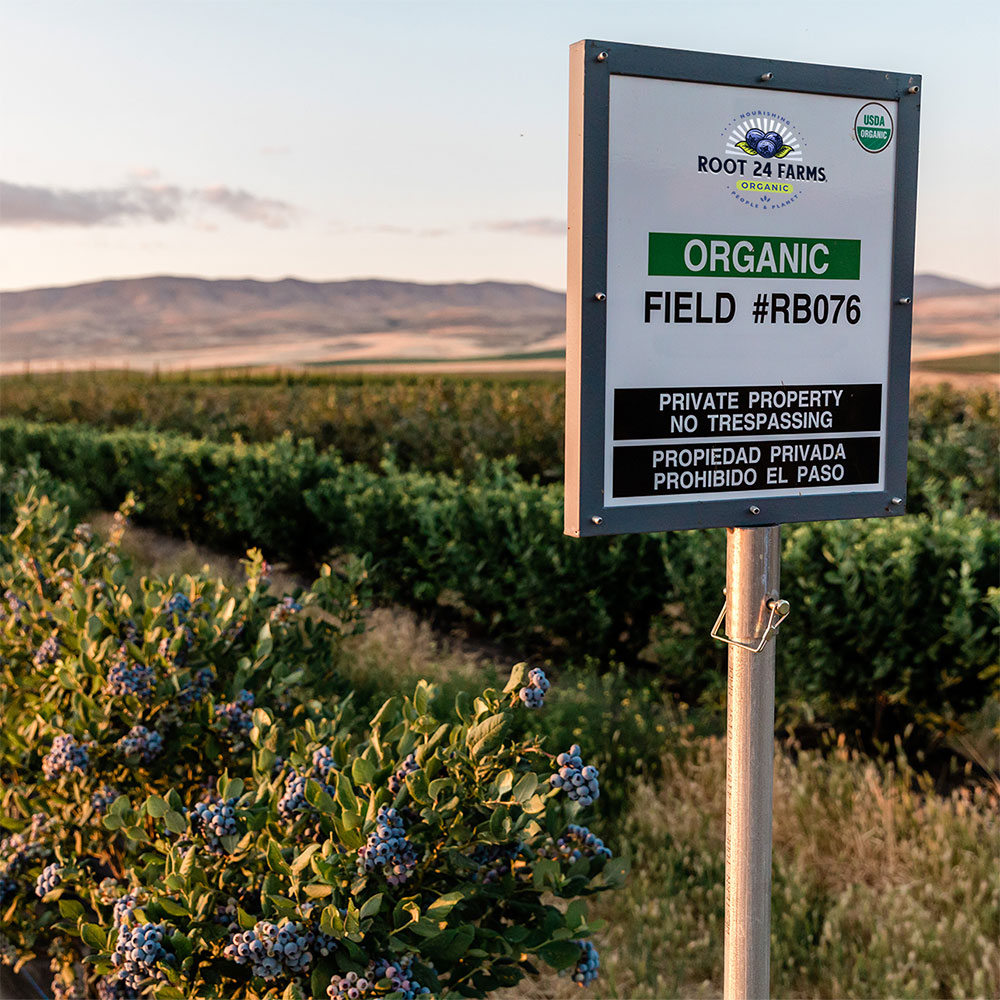
Organic is About Nourishing People and Planet
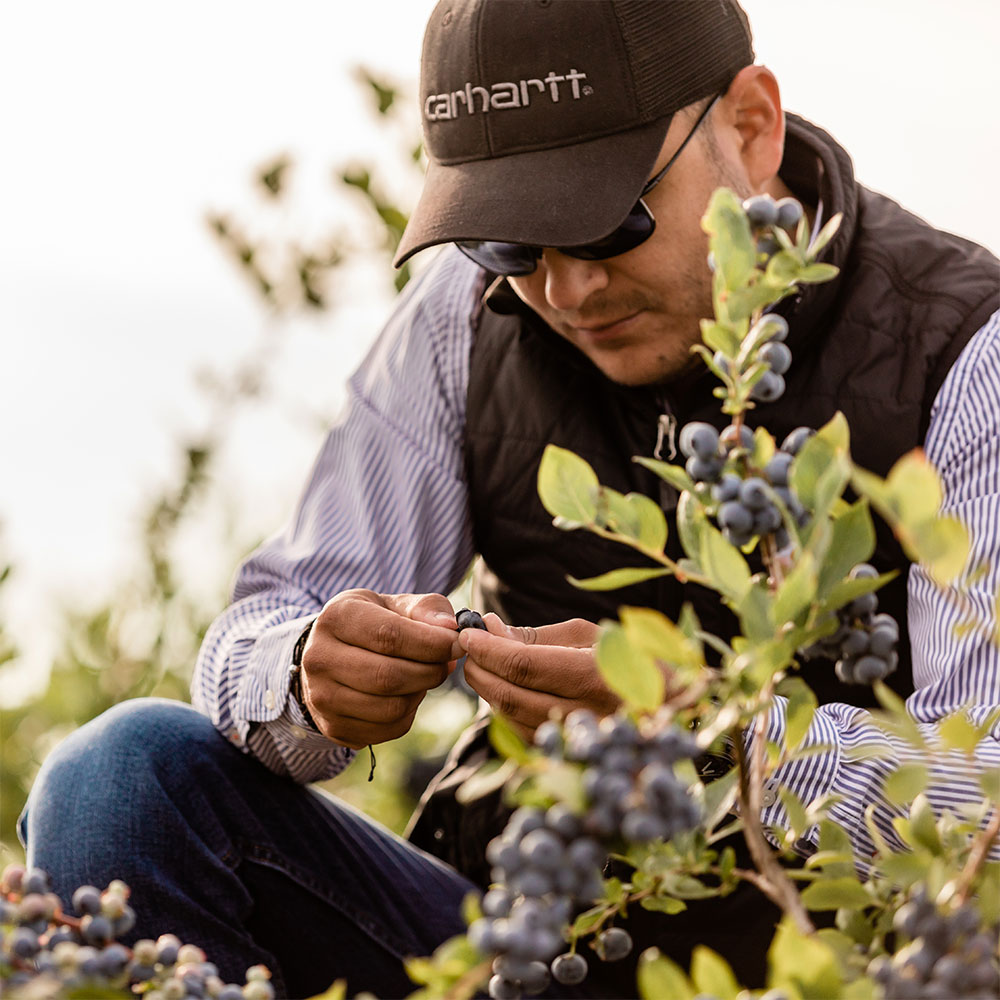
Robust Ecosystems
To farm successfully without all those practices of modern conventional agriculture, we have to start by building the health of the ecosystems where we farm. The stringent and rigorous USDA Organic Standards require that every organic farm must maintain or enhance soil and water quality, while also conserving wetlands, woodlands, and wildlife.
Building Healthy Soils
The foundation of organic farming is building healthy soils. Organic farmers like us get really excited about how our soil (you can call it dirt, if you want) feels and smells and looks. We take pride in the attention we give it and how our soil gets richer and more productive the longer it’s been farmed organically. That’s not the case on conventional farms, where the soil is often more or less a growing medium for delivering fossil-fuel intensive synthetic fertilizer to the crops. Regenerative farming practices that build healthy soil (like composting and cover cropping) are the lifeblood of organic farming.
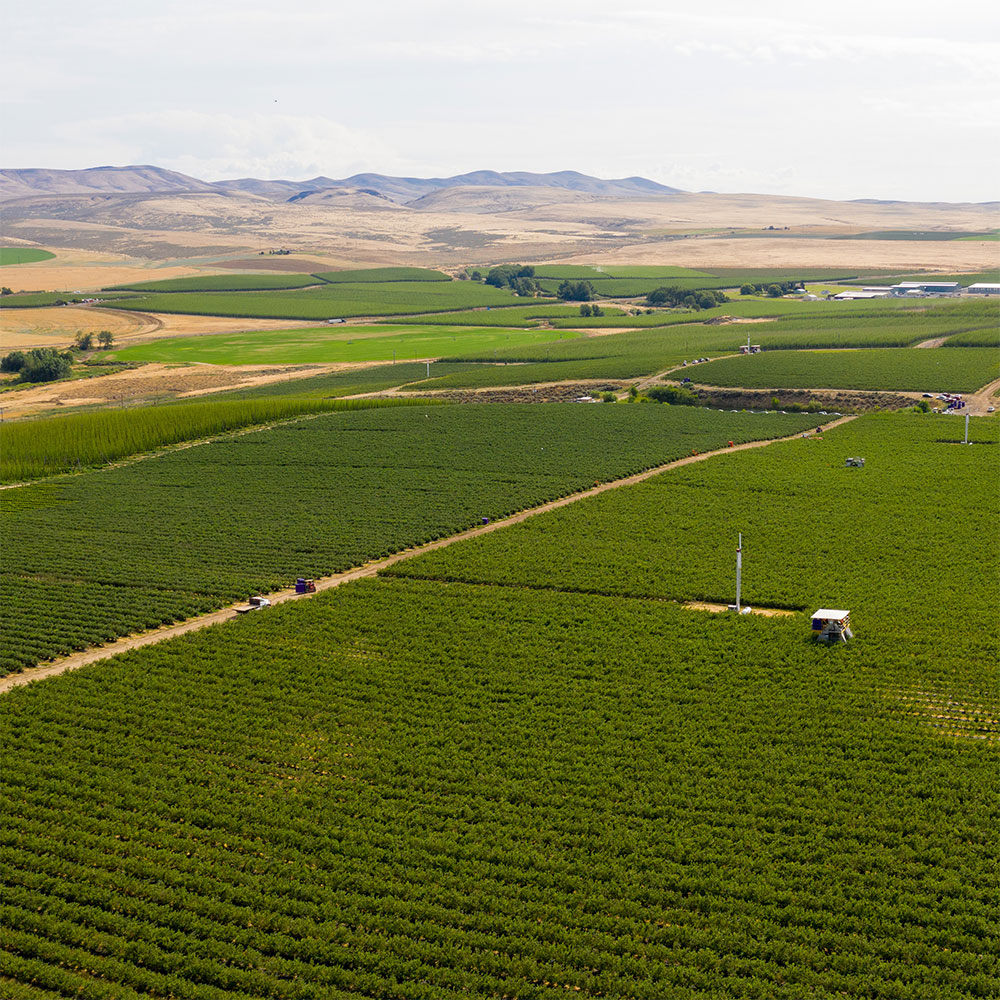
Protecting Pollinators

Organic farming provides multiple benefits for pollinators, including keeping them safe from harmful pesticides and providing a safe food source.
Thriving Ecosystems
Healthy soils provide for a healthy, balanced ecosystem. A healthy ecosystem is more resilient, which is how nature works, and lets us grow food without those 700 chemicals of conventional farming. That healthy ecosystem starts with a lively population of soil microbes, which increases fertility and keeps diseases and pests at bay.
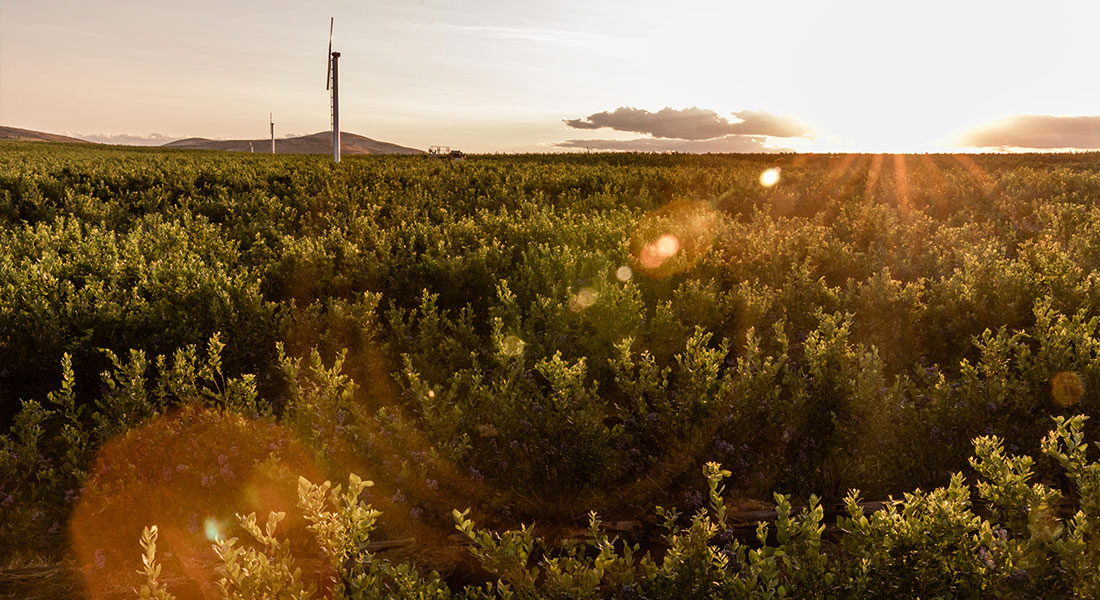
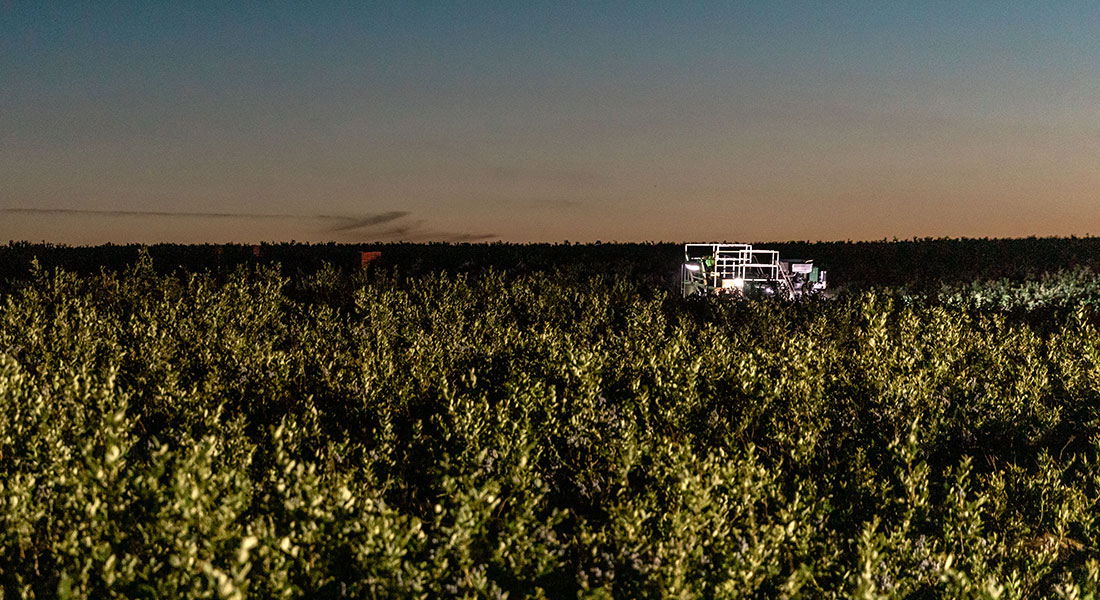
Fighting Climate Change
And in addition to producing delicious crops, healthy soils fight climate change by taking CO2 out of the atmosphere and locking it into the top three feet of soil. No-till perennial crops, like blueberries hold on to even more CO2.
Keeping Water Clean
In many agriculture areas, runoff of synthetic fertilizers and pesticides from conventional farms is a major problem. Since use of these is prohibited in organic agriculture, they are replaced by organic practices that increase biodiversity and enhance soil structure, minimizing runoff.
